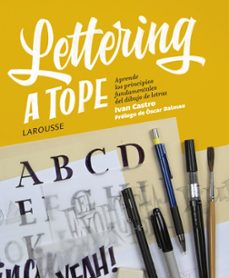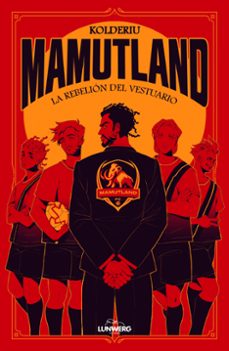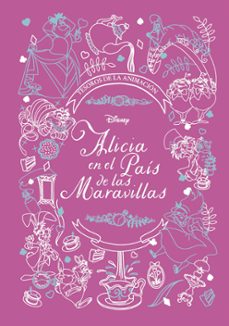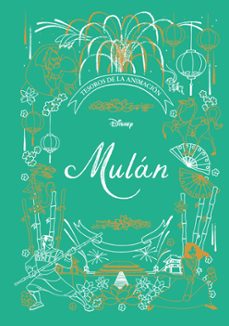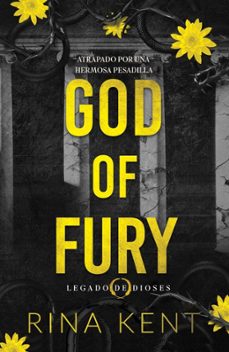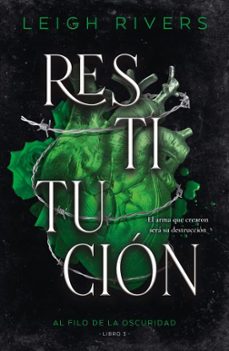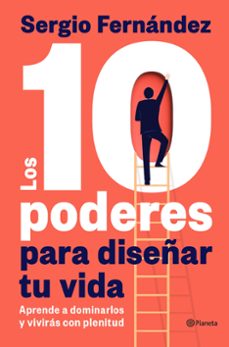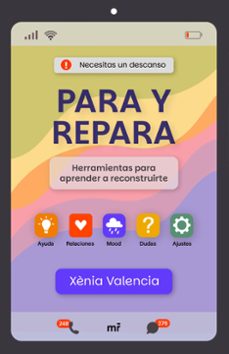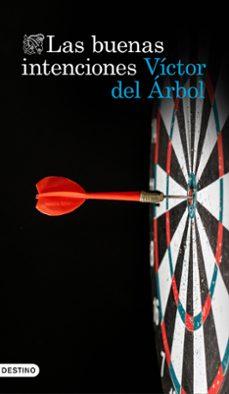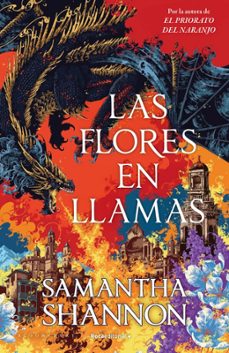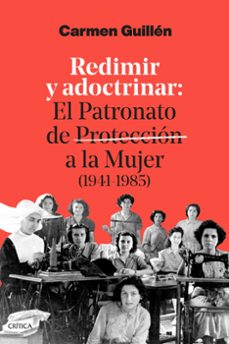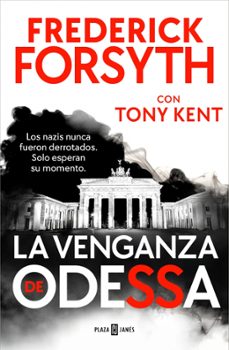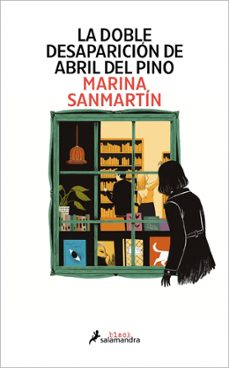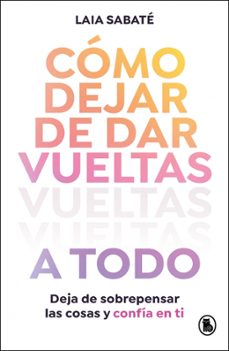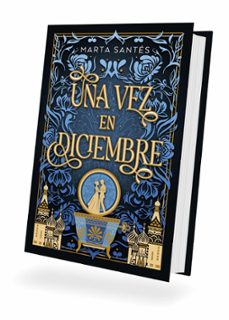📗 Libro en inglés THINGS YOU CAN DO
RANDOM HOUSE- 9781529149807
Sinopsis de THINGS YOU CAN DO
What if we could help to save our planet through small habit changes in our homes Learn what you can do right now to live a greener life your carbon footprint with this inspiring accessible stunningly illustrated book based on Eduardo Garcia s popular New York Times column Award winning climate journalist Eduardo Garcia offers a deeply researched and user friendly guide to the things we can do every day to fight climate change Based on his popular New York Times column One Thing You Can Do this fully illustrated book proposes simple solutions for an overwhelming problem No lectures here just accessible and inspiring ideas to slash emissions and waste in our daily lives with over 350 explanatory illustrations by talented painter Sara Boccaccini Meadows In each chapter Garcia digs into the issue explaining how everyday choices lead to carbon emissions then delivers a wealth of Things You Can Do to make a positive impact such as Eat a climate friendly diet Reduce food waste Save energy at home Adopt zero waste practicesPrinted on environmentally friendly paper and delivering a decisive hit of knowledge with every turn of the page Things You Can Do is the book for people who want to know more and do more to save the planet
Ficha técnica
Editorial: Random House
ISBN: 9781529149807
Idioma: Inglés
Número de páginas: 256
Tiempo de lectura:
5h 15m
Encuadernación: Tapa dura
Fecha de lanzamiento: 01/01/2022
Año de edición: 2022
Especificaciones del producto
Escrito por Eduardo García
Eduardo García (Sâo Paulo, 1965-Córdoba, 2016) publicó en vida los poemarios Las cartas marcadas (1995, Premio Ciudad de Leganés), No a se trata de un juego (1998, Premio Hispanoamericano de Poesía Juan Ramón Jiménez, Premio Ojo Crítico de Radio Nacional al mejor libro de poesía joven), Horizonte o frontera (2003, Premio Internacional de Poesía Antonio Machado en Baeza), Refutación de la elegía (2006), La vida nueva (2008, Premio Nacional de la Crítica, Premio de Poesía Fray Luis de León) y Duermevela (2014, Premio Internacional de Poesía Ciudad de Melilla), a los que se añaden La hora de la ira (2016) y Bailando con la muerte (2016). Como ensayista es autor de Escribir un poema (2000, tercera edición en 2011) y Una poética del límite (2005). Sus aforismos fueron recogidos en Las islas sumergidas (2014).
Descubre más sobre Eduardo García Recibe novedades de Eduardo García directamente en tu email
Opiniones sobre THINGS YOU CAN DO
¡Sólo por opinar entras en el sorteo mensual de tres tarjetas regalo valoradas en 20€*!

